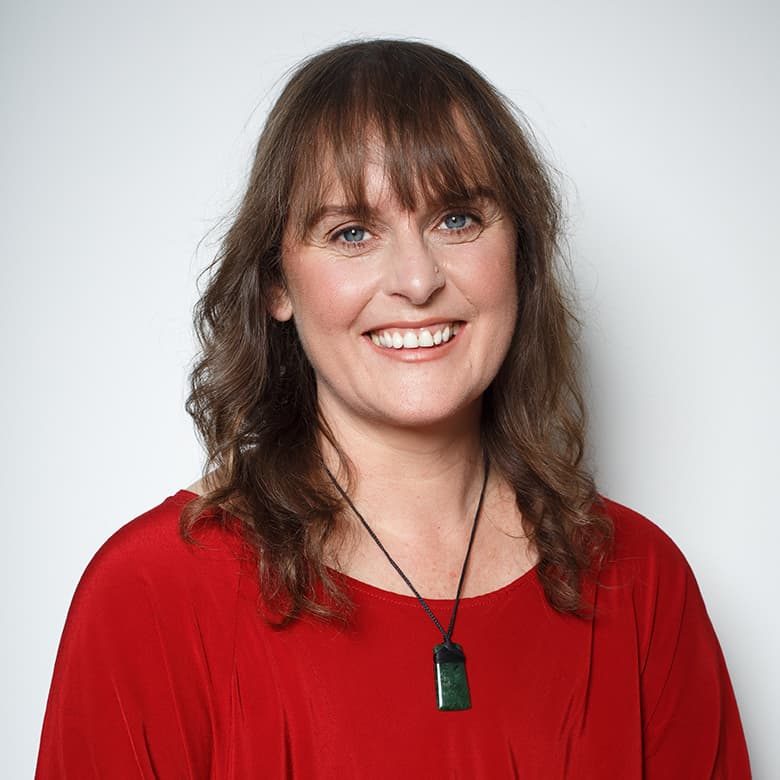Sarah Pallett, newly elected MP in the Christchurch seat of Ilam, is the only current midwife in Parliament and brings the total number of union MPs in the Labour Caucus to 15.
Sarah is a midwifery lecturer at ARA and President of AASC, a union representing academic staff.
Jill Ovens, co-leader of MERAS, the midwifery union, says midwives are looking forward to big progress on workers’ issues, such as pay equity, health and safety at work, ACC and paid parental leave.
The union is calling on Government to encourage workers displaced by economic downturn into midwifery and to provide them with additional financial support.
“Midwifery education is a four-year university degree that can be completed in three years meaning that study and clinical placements continue through traditional university holidays when university students typically earn money to get them through the following year.
“The heavy practical component means midwifery students can be on-call 24/7 with community midwives and they also juggle the demands of shift work in hospitals, so they can’t take on part-time work.”
Jill says there is a critical shortage of midwives in many DHBs and it is important that we “grow our own” midwives, recruiting especially among Maori, Pacific and ethnic migrant communities where birth rates are high and low numbers of midwives from their own culture.
Midwives are also keen to engage with Labour and Greens MPs on issues relating to maternity services.
“We want to see women’s health prioritised with adequate funding of all maternity services, support for new families including extension and review of paid parental leave, wrap-around services for vulnerable women and their babies, and community breastfeeding initiatives,” Jill says.
MERAS is becoming increasingly frustrated by the slow progress on pay equity for DHB-employed midwives.
“MERAS and NZNO have been working together for more than a year on a joint claim with the DHBs for pay equity for midwives, but the agreed process has been hampered by the same biases that created the inequity of the first place.
“We want to see real commitment by the Government and Ministry of Health to recognising that midwives are highly educated, highly skilled, with unique knowledge and understanding of pregnancy, labour and birth and post-natal care of women and their babies.“
MERAS is calling for funding to support the upgrade of maternity facilities and provision of publicly funded primary birthing centres where needed, and a review of the model and funding of DHB contracted-out maternity services and facilities.
“Maternity services have been neglected for far too long,” Jill says.
She also says midwives are keen to see progress on broader social issues that Covid has highlighted.
“The lockdowns showed us the importance of community health and wellbeing with the slower pace of life, connection with whanau and the value of human friendship, as opposed to an emphasis on economic growth.”
MERAS welcomes the strong mandate for prioritising people and our Planet as shown by the success of the Greens.
“We want action on tackling climate change, biodiversity, waste reduction, clean air, and clean water,” Jill says.
She says MERAS wants the new Government to reprioritise investment into health and education, services for women and their families such as those services that address family violence, and affordable housing.
Covid has also highlighted New Zealand’s vulnerability to interruptions in the global economy and supply.
“We want to see a reset of our economy sustainably with local manufacturing to secure our supply chain for essential products such as PPE and pharmaceuticals, and an emphasis on food resilience.”
